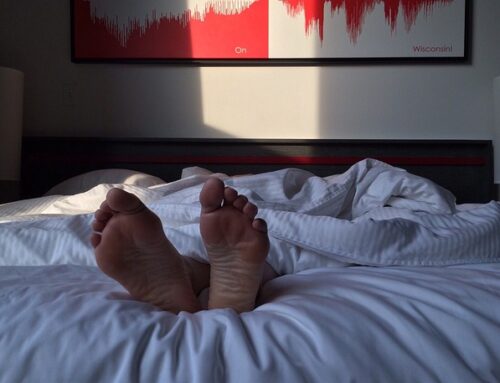Sleep apnea, a common and potentially life-threatening sleep disorder, affects millions of people worldwide. While it is often associated with medical professionals, dentists can play a crucial role in diagnosing and treating this condition. In this blog post, we will explore why dentists should actively involve themselves in the treatment of sleep apnea.
Comprehensive oral health examination
Dentists possess a unique understanding of the anatomy and physiology of the oral cavity and airway. During routine dental examinations, they can easily identify signs of sleep apnea, such as teeth grinding, jaw abnormalities, and a small or recessed jaw. By recognizing these telltale signs, dentists can refer patients to sleep specialists for further evaluation and ensure timely intervention.
Customized oral appliances
Dentists have the expertise to design and fabricate custom oral appliances, such as mandibular advancement devices (MADs) or tongue-retaining devices (TRDs), to effectively treat sleep apnea. These devices reposition the jaw and tongue, opening the airway and promoting uninterrupted breathing during sleep. Dental professionals can work closely with sleep medicine specialists to create tailored treatment plans, ensuring maximum comfort and compliance for patients.
Non-invasive and patient-friendly approach
One of the significant advantages of involving dentists in sleep apnea treatment is the non-invasive nature of oral appliances. Unlike continuous positive airway pressure (CPAP) machines, which some patients find uncomfortable or cumbersome, oral appliances offer a more patient-friendly option. By offering a range of treatment alternatives, dentists empower patients to actively participate in managing their condition, improving compliance rates and long-term treatment outcomes.
Long-term follow-up and collaboration
Dentists are well-positioned to provide ongoing care and monitor the effectiveness of oral appliance therapy for sleep apnea. Regular dental visits allow dentists to assess the condition’s progression, make necessary adjustments to the appliance, and ensure optimal treatment outcomes.
Additionally, dentists can collaborate with sleep medicine specialists and other healthcare professionals to ensure comprehensive care for patients, addressing any underlying dental issues or complications related to sleep apnea.
By actively involving themselves in the diagnosis and treatment of sleep apnea, dentists can make a significant impact on their patients’ overall well-being. With their specialized knowledge and ability to provide customized oral appliances, dentists offer a non-invasive and patient-friendly alternative to traditional therapies, contributing to better sleep, improved quality of life, and enhanced oral health.





